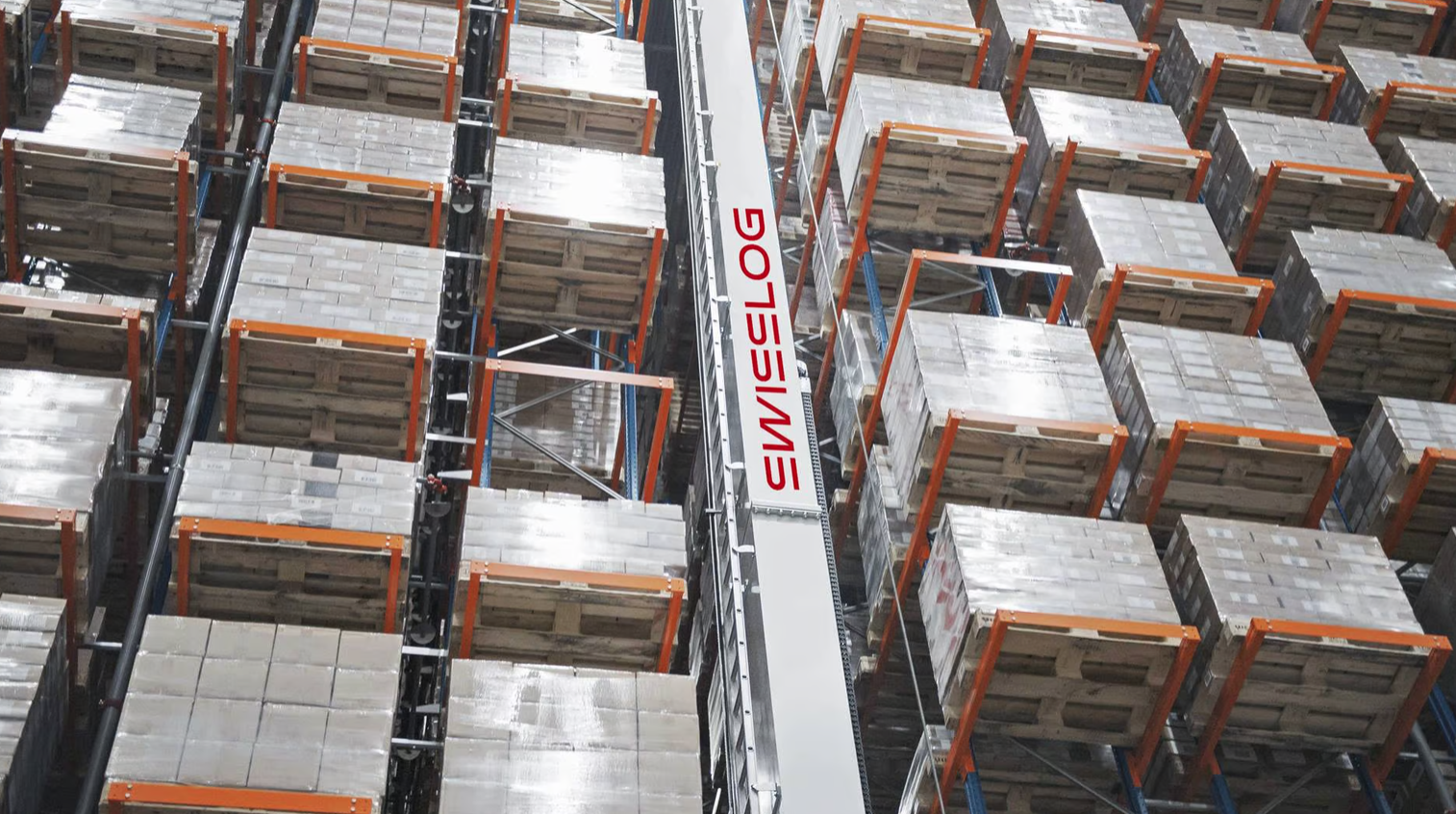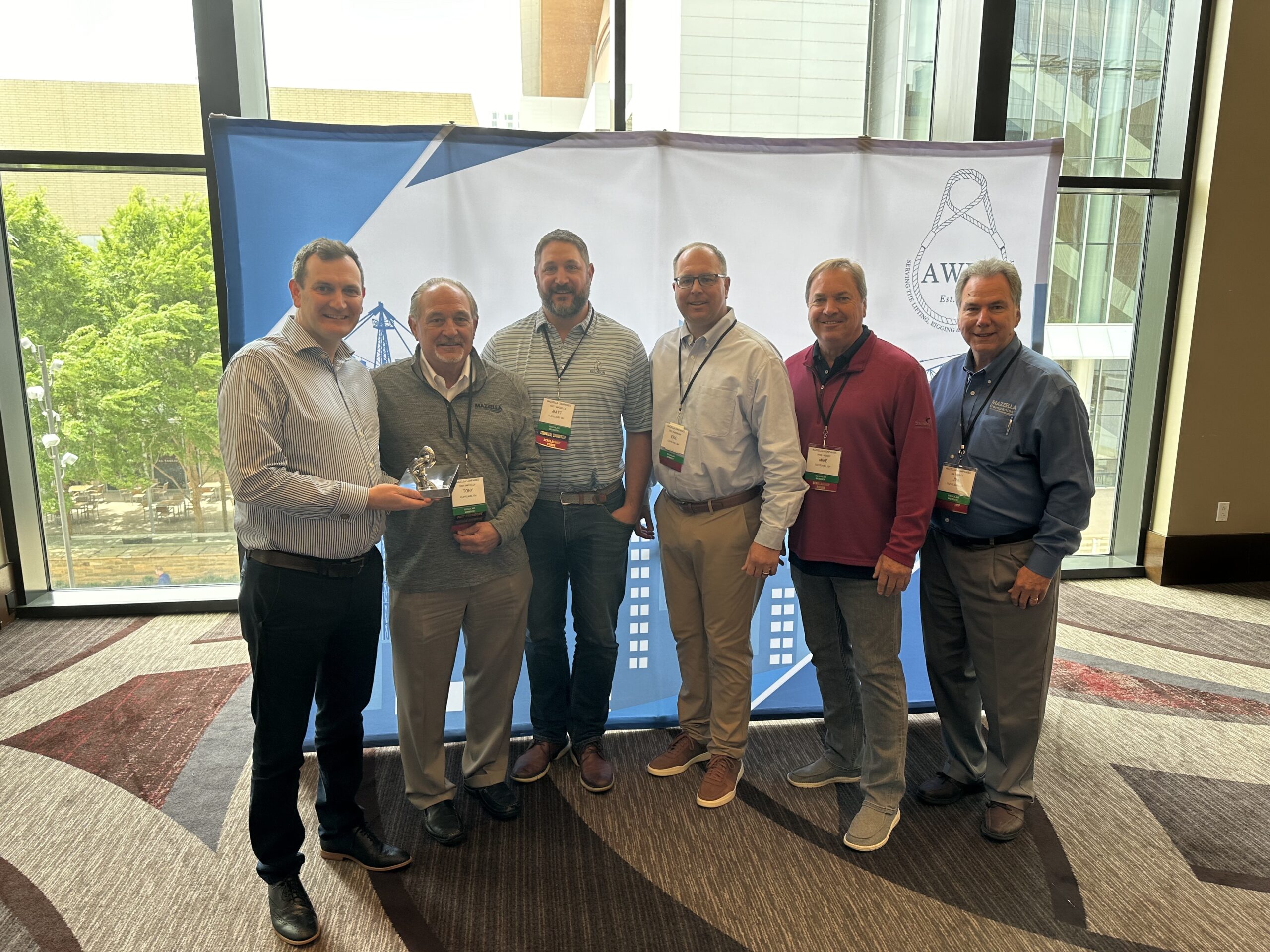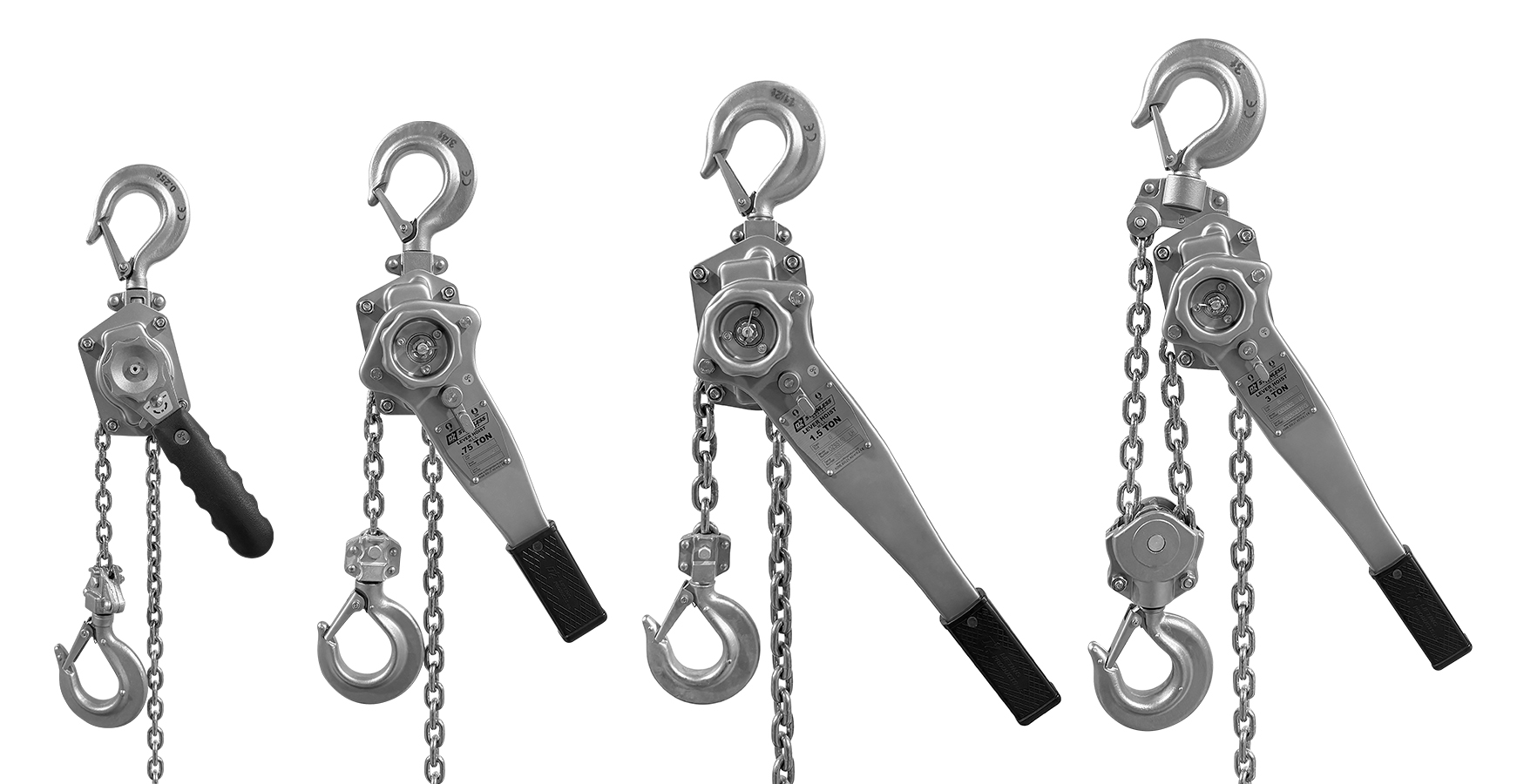Softeon Warehouse System Success Report
Softeon has released a new report titled “The Seven Uncommon Keys to Warehouse System Success,” providing valuable insight to help make sure a company’s WMS project delivers the expected results.
For a variety of reasons, Warehouse Management System projects can be challenging. For example, unlike most other types of supply chain software, WMS requires the synchronization of the logical world of software with the physical world of inventory and workers, often in-motion.
The growing use of materials handling systems that require WMS integration adds to these challenges.
But there are proven ways to reduce and manage the challenge and risk of WMS implementations, beyond the usual recommendations to just “do more testing and training,” by also focusing on the less obvious keys to success.
This new report from Softeon is in collaboration with leading consulting firm Thru-Put Partners and was developed from a successful webinar Softeon and Thru-Put Partners held earlier in 2021.
Among the “seven keys to success “are:
- Creating a Clear Decision-Making Framework – Having a well-defined decision-making structure is mandatory for success. Yet, many companies do not have this framework well-established going into the project, resulting in issues later in the timeline and it can be too late to rectify them.
- Getting the Demo Right – WMS demos are never fun, but they are a critical step in picking the right partner. Therefore, they must be thought through sufficiently in terms of both content and process. One common issue is time allocation – equal demo time is often given to critical and non-critical and/or more commodity functionality.
The reality is that there is a wide range of outcomes for WMS projects. There are many successes – but also many projects that are challenged and costly in time and resources.

Softeon has released a new report titled, “The Seven Uncommon Keys to Warehouse System Success”.
Softeon is alone in the WMS market with a 100% track record of deployment success, based on a results-driven methodology and a laser-focus on rapid time to value. But more generally, when looking across the broad spectrum of WMS projects, too many are overly difficult and push timelines too far to achieve the expected benefits.
After the fact, the factors that led to an unsuccessful or difficult WMS project almost always reveal themselves. The key is to address the critical success factors at the start of the process. Many potential issues can be eliminated, or at least mitigated, by focusing on downstream events early in the project.
- A complimentary copy of the new “Seven Uncommon Keys to Warehouse System Success” is available here.








